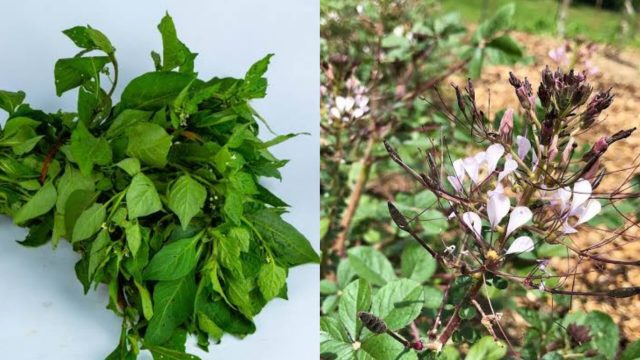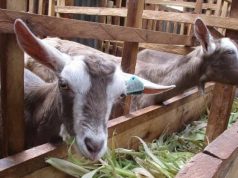James Shikwati is a small-time farmer who runs a company that exports African vegetables to the United States.
For years, he has been exporting indigenous vegetables such as managu, sagaa, mrenda and terere, to the USA and parts of Europe.
Shikwati ventured into the business after realizing how it was difficult to find indigenous vegetables outside the country.
Here is his story as told by EAFeed.
Shikwati spent a year in Europe and while over there, she struggled to access African vegetables, a challenge that he saw as a business opportunity.
He returned to Kenya where he set up a company that would enable him to source vegetables locally and export them abroad.
With the help of local farmers, Shikwati would buy the vegetables in bulk and packages them ready for export.
Careful sourcing from farmers throughout several Kenyan counties is the first step in the process.
Farmers are paid equitably per kilogramme of veggies after they are weighed upon arrival.
The next step is to carefully pluck the leaves and any other unwanted stuff. After that, the veggies are cleaned in both hot and cold water and dried in the sun.
Crucially, Shikwati maintains the vegetables’ organic state throughout processing by utilising local technologies to make sure no hazardous chemicals are introduced.
This is just another example of his dedication to quality.
Vegetables he exports to the international market include amaranth, jute mallow, rattle pod, African black night shade, spider plant and cowpeas.
In an interview, Shikwati noted that Kenya’s extensive tracts of arable land, favorable climate and cost-effective labour present a substantial opportunity for exporting packaged food products to developed nations.
This potential is further bolstered by a growing global interest in distinctive African foods.









